
8:15 – 8:50 GMT
A healthy world - who decides who gets the vaccine?
The race to develop a vaccine for Covid-19 is underway. When a viable option is found it needs to be available universally and distributed fairly. There are promising signs that this might happen: researchers and pharmaceutical companies around the world are collaborating as never before. But how can we ensure that everyone gets it? The virus has also exposed the health inequalities in our societies; Covid-19 has not been a great leveller. How can we reshape public health systems so that they serve everyone?

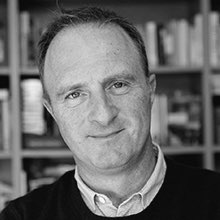

9:00 – 9:45 GMT
Mind the gap – Can the recovery prioritise equality?
There are stark inequalities between the richest and poorest nations in the world, and within countries. The richest one per cent of the global population own 44 per cent of the world’s wealth. Disparities between the genders persist in the majority of the world’s societies and racial inequalities and discrimination against minorities are rife. The Covid-19 pandemic exposed many of these disparities: the virus has had worse effects on poorer communities and marginalised groups. As the world recovers from the virus, can global leaders work together to address these gaps?



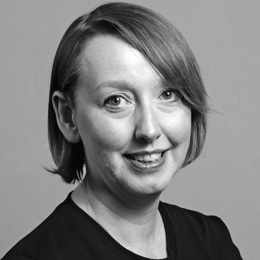

10:00 – 10:45 GMT
Good information - How do we hold misinformation to account?
Misinformation can be deadly. False reports about the source of the virus, treatments and cures have spread like wildfire on social media and, in some countries, through official channels. What can we do to make citizens confident about the information they see online? Big tech companies have begun to address the problem of misinformation but are they doing enough and are they the right arbiters? Is it time for new governance over these platforms?




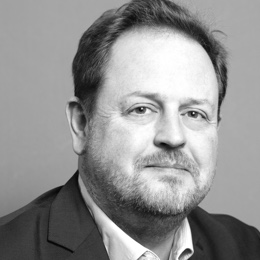

11:00 – 11:45 GMT
The deal on debt - What happens if countries can’t pay?
Governments have needed to borrow to deal with the pandemic and support jobs, businesses and healthcare systems. But those countries that went in to the crisis with a shaky economy will struggle to repay their debts. What will fair treatment of debt look like? Who will step in to help the countries that can’t pay?


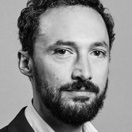

12:00 – 12:45 GMT
The SDGs after Covid: Time for an update?
It’s five years since the UN set the world the target of “a better and more sustainable future for all” via 17 goals to be achieved by 2030, including an end to poverty. The goals have gained traction as a benchmark for business and governments, but that is not the same as being met. Before the pandemic struck, whole continents were already off track and policymakers from Beijing to Washington were prioritising short-term over sustainable. With a decade to go, where does the world stand on the SDGs, and can they be the plan to help us “build back better”?



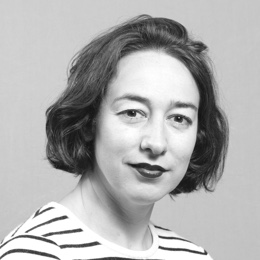

13:00 – 13:45 GMT
What role can global organisations play in 2020?
Covid-19 has caused a massive worldwide trade shock. Supply chains have been disrupted and demand has fallen precipitously. Many governments are talking about reshoring industry and resilience. But is resilience actually protectionism in disguise? How can we encourage global flows of goods and people in the wake of a global outbreak of disease?



14:00 – 14:45 GMT
Feeding the world: will Covid-19 change how we think about food security?
The World Food Programme estimates that 265 million people could be at risk of acute hunger by the end of 2020. Lockdown measures, job losses and falls in demand for goods and commodities have impacted the incomes of millions of people. For some, a day’s wages is the difference between eating or going hungry. Disruptions in local supply chains and cross border trade in the world’s poorest countries could lead to disastrous famine. Many of the world’s most food insecure nations are also those most impacted by climate change and war. Protecting food security means protecting people and the planet.


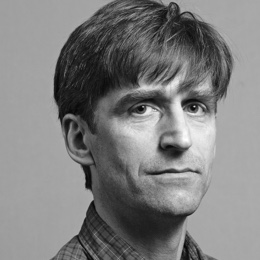

15:00 – 15:45 GMT
Lead us to a better place: how to redesign the world around us
Our built environment holds many of the keys to recovery – from the ravages of Covid and those that Covid has revealed. But urban design can bring misery as well as hope. What are the fundamental principles that could make "build back better" more than a cliché, and what kind of leadership will it take to put these principles before profit or mere expediency?



16:00 – 16:45 GMT
How will the post-Covid global order be different?
When the world went into lockdown, political and economic nationalism were already mounting a sustained attack on the idea of global leadership. The signs are that they’ve only gained momentum since. What does this mean for the next world order; for the US-China relationship that drove up prosperity for a generation; for the yawning gap between developed and developing; and for those who genuinely wish to close it? Is global leadership doomed – or due for a revival?



And there’s more
Join one of our breakout conversations to explore any of these topics in more depth, or to discuss an angle we haven’t considered.


